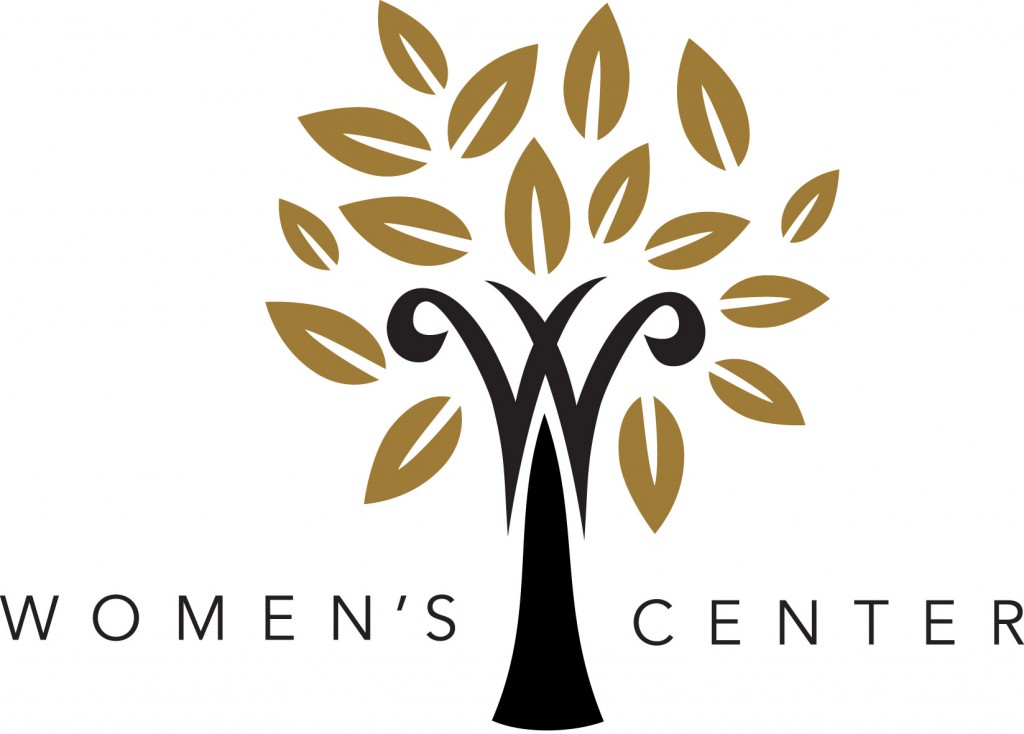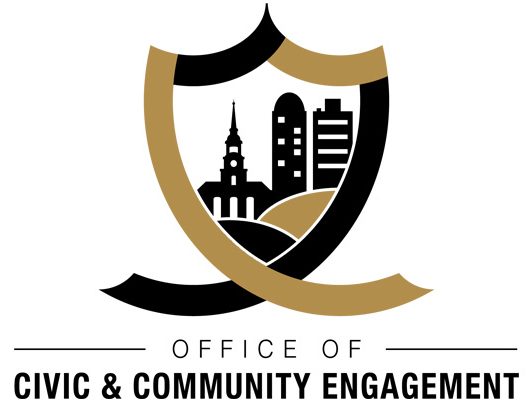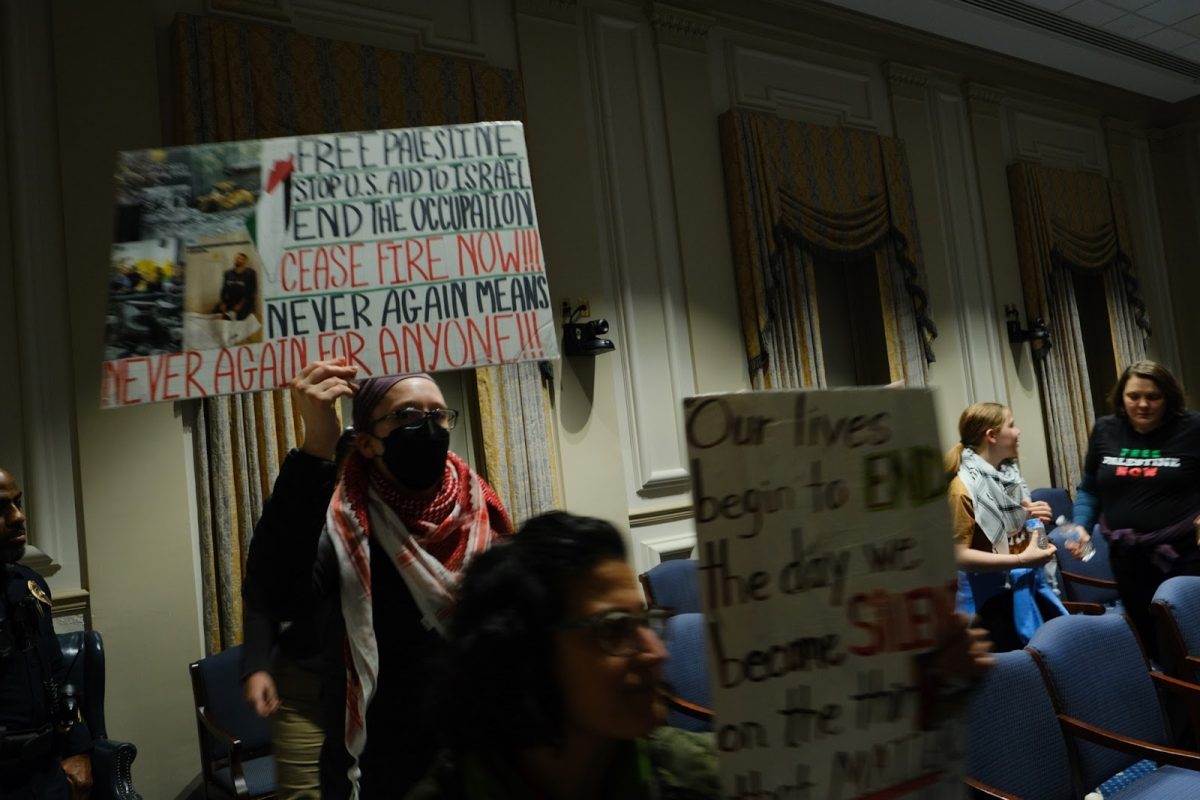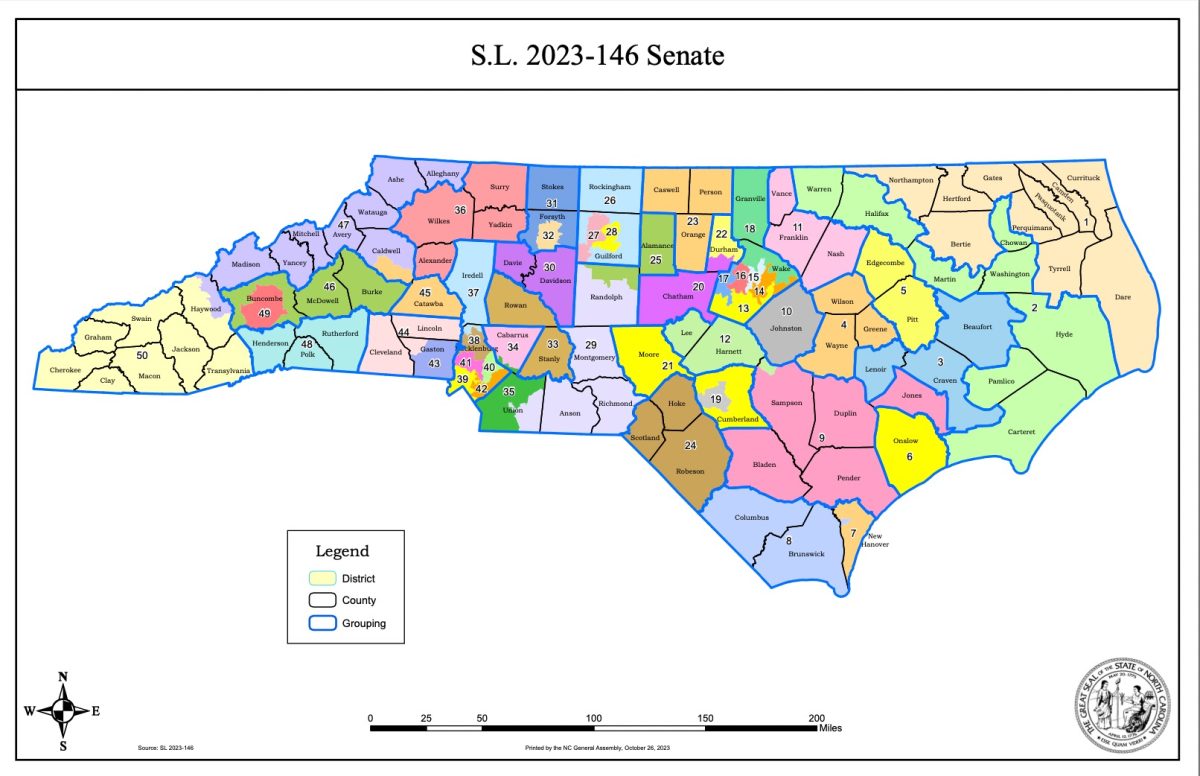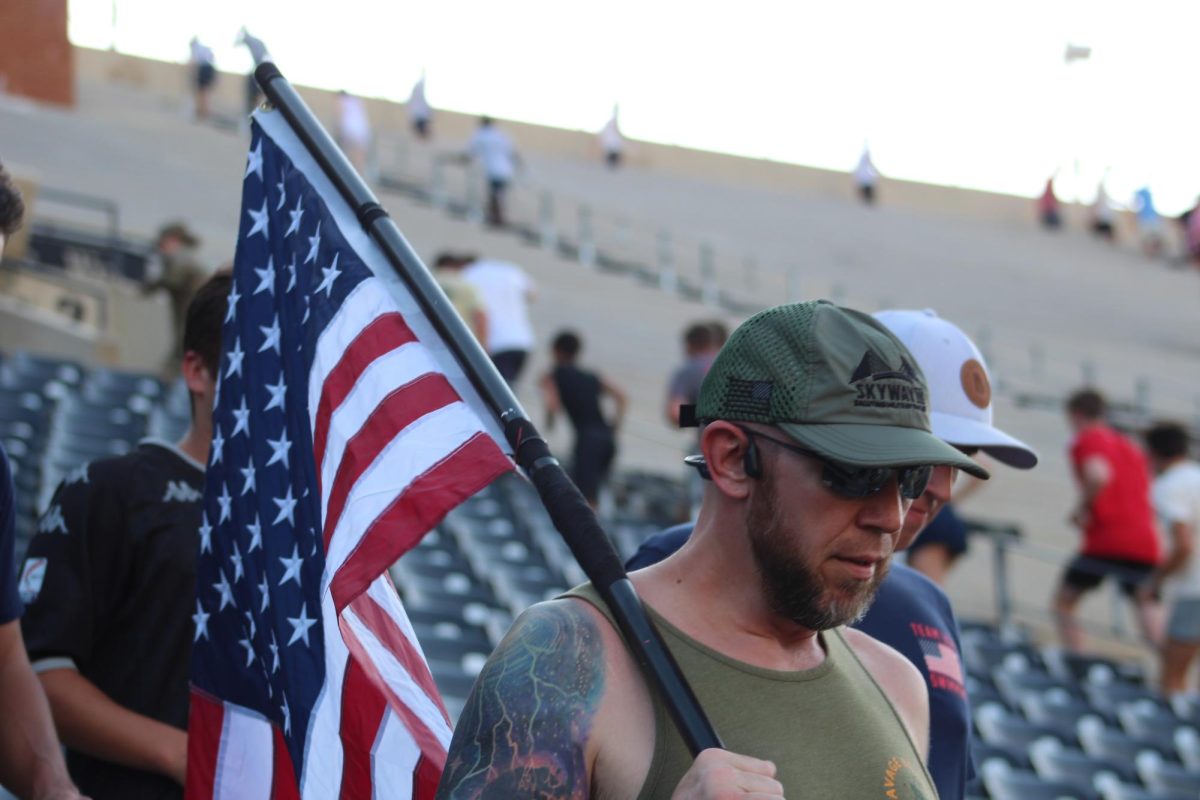Every Friday at noon, the Women’s Center hosts a discussion session called T.G.I. Feminism.
The directors of the center, interested students and guest speakers gather to talk about relevant issues associated with feminism.
This month focused on the topic of allyship. On Jan. 27, Marianne Magjuka, the Assistant Dean of Students and Director of the Democratic Engagement and Justice Program, shared her thoughts on what it means to be an ally.
Magjuka began the meeting by posing the question, “What qualities make up a good ally?”
Discussion members responded by singling out characteristics of trust, support, solidarity and empathy.
“T.G.I.Feminism is unique because it allows students to talk about feminism with other students who can offer more insight into the topics,” said freshman Natalie Valdes.
A main point of this month’s sessions is that being an ally is more of a process than a simple statement. Claiming to be an advocate for women’s rights does not necessarily correspond with genuine help. A person’s actions must reflect their words.
“Allyship is an ongoing practice that includes taking the time to educate yourself,” said Colleen Lofton, the program coordinator. “It’s not about you being an ally, but about you supporting and lifting up marginalized voices.”
An ally is likely an outsider to a given community, but chooses to stand up for marginalized groups and advocate for their rights.
Magjuka further emphasized the importance of intersectionality and how that everyone has the opportunity to act as an ally to other social groups.
Although this discussion group focuses on feminism, gender identity is not the only characteristic that defines one’s social experience. Individuals are marginalized for various reasons and the people who do not fit these categories are called to step up in their defense.
At this week’s meeting of T.G.I.Feminism, Matt Imboden from the business school furthered the discussion and offered his perspectives.
Imboden recognizes his privilege asan ally because oppression does not directly affect these supporters; allies have the option to remove themselves from the discussion while marginalized individuals do not have this choice. Because of this inherent separation, devoted allies take the time to speak up for voices that have been overshadowed.
Imboden also mentioned that people automatically make assumptions about him based on his identity as a white male, but as a father he aims to be a proponent of women’s rights so he can help his daughter accomplish a promising future.
He believes that an ally must be prepared to challenge others and forfeit some entitlement in order to give others opportunities.
Imboden’s presentation highlighted the importance of standing in solidarity as an ally. Paige Meltzer, the director of the Women’s Center noted the centrality of solidarity to the feminist movement.
“Allyship is a critical component of feminism because we all hold different identities; where we hold privileges, we need to work in solidarity with persons with marginalized identities if we are to work for justice,” Meltzer said.
Allies always have the job of voicing their discomfort about the treatment of groups, so the participation in a single event does not qualify someone as an ally.
The Women’s Center is constantly working to provide a safe space for women to discuss gender identity and how it fits into daily life.
The various perspectives of the participants fuel the program because people bring up new ideas each week and create thoughtful dialogues.
“Allyship is about listening, doing the work to educate yourself, and is an ongoing process,” Lofton said.
Paige Meltzer, Director of the Wake Forest Women’s Center, said, “Allyship is a critical component of feminism because we all hold different identities; where we hold privileges, we need to work in solidarity with persons with marginalized identities if we are to work for justice.”

